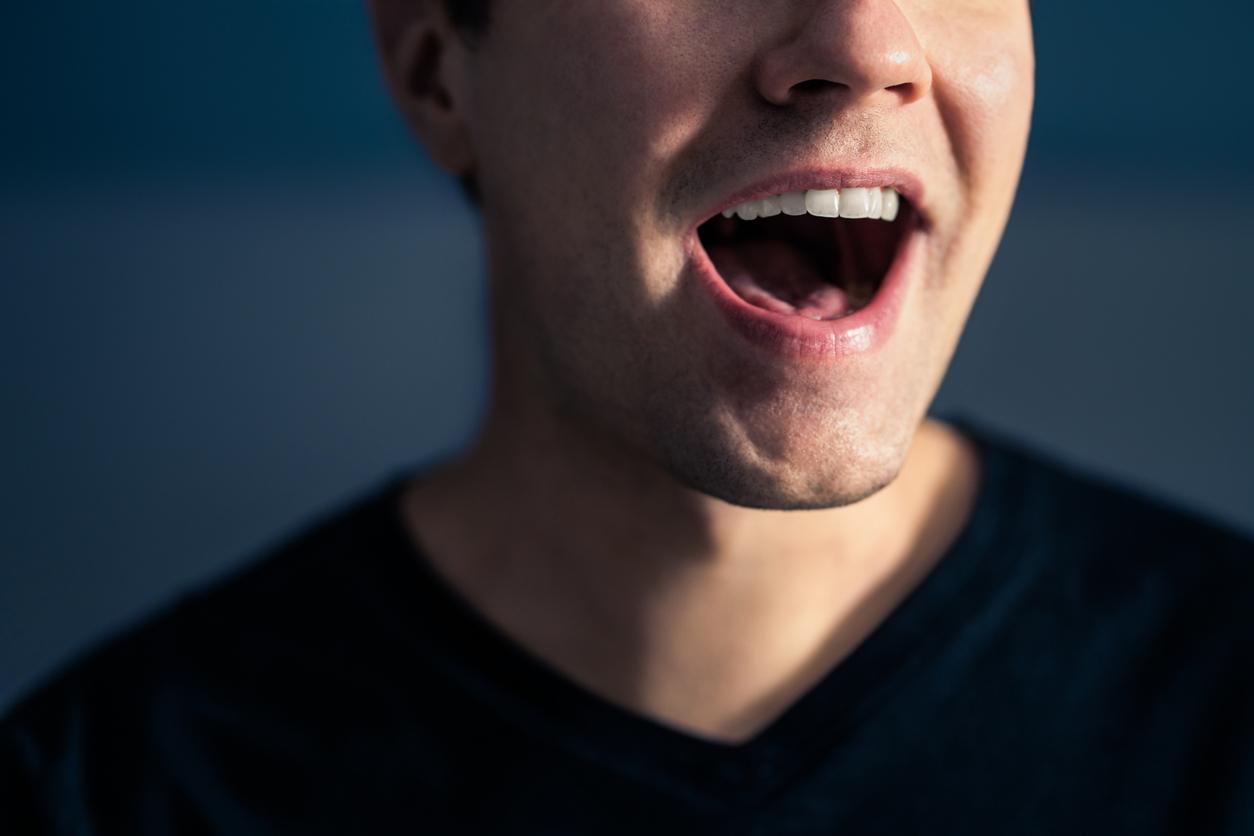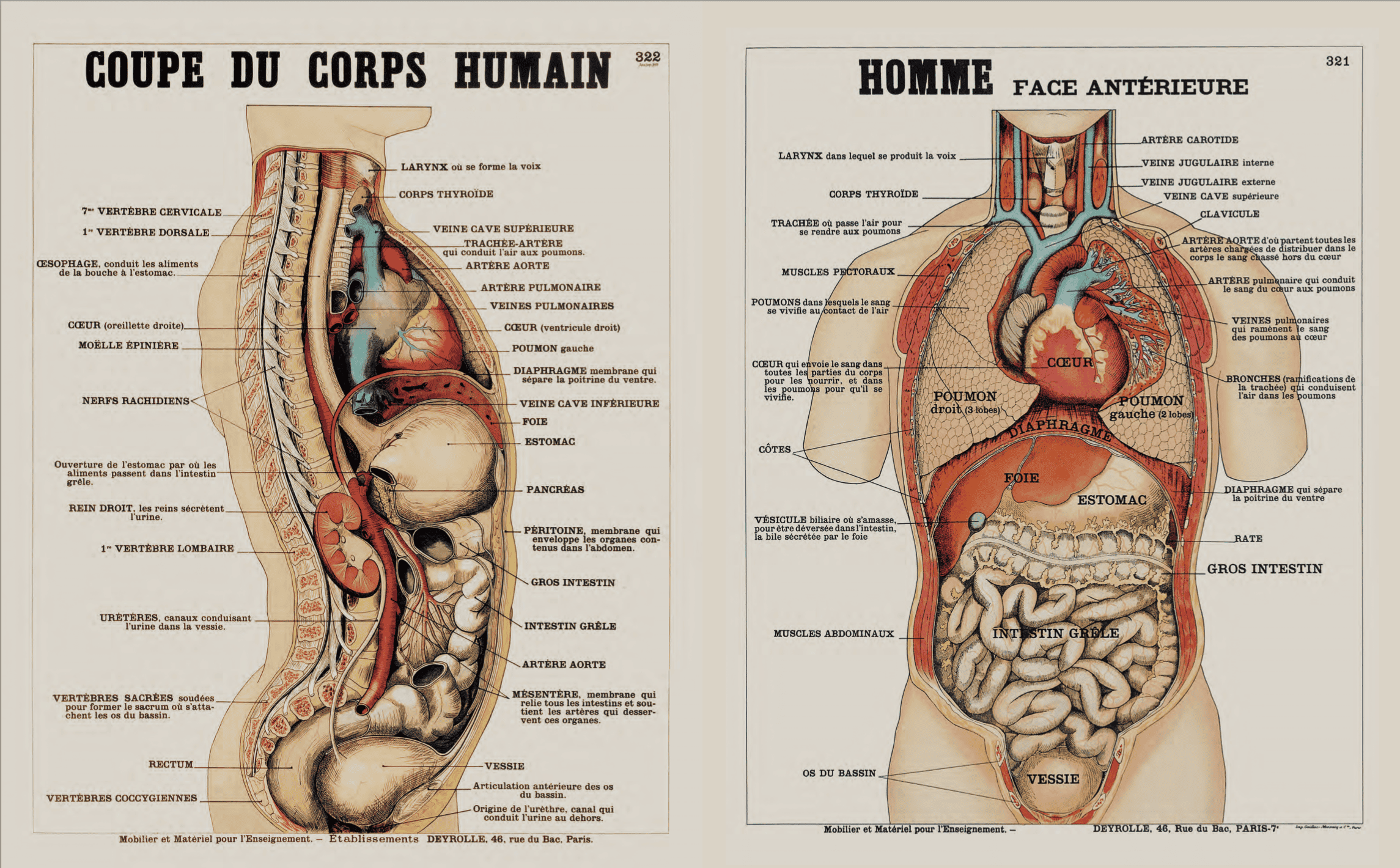
The latest insights on the link between mental and physical health
Many books are published about nutrition, lifestyle and health. Dietitian/journalist Karine Hoenderdos reads and assesses books for Health Net. This time: “The gut-brain connection” by Gregor Hasler.
Short and sweet
This book covers many topics. It deals with the physiology of the brain, nervous system and gut, scientific studies of behaviour, hormones and the gut microbiome, the author’s own experiences with patients and his highly personal experiences with nutrition and weight loss. Unfortunately, the author is not a true storyteller, lacks a clear structure and I miss a solid (final) editing of this book. With all the facts, insights and anecdotes it is difficult to keep following the thread.
Who is the author?
Gregor Hasler is a professor of psychiatry and psychotherapy at the University of Friborg in Switzerland. In the introduction he tells how as a youngster he suffered from intestinal problems. It is one of the reasons why he is going to study medicine. He will conduct research and will show – in his own words – that people with a lot of body fat are generally impulsive and extroverted, while being underweight is accompanied by fears and worries. From this arises his fascination between mind, brain, food and intestines. He believes that the gut is crucial for a good balance between health and disease, and therefore speaks deliberately about the gut-brain connection (and not the brain-gut axis, as is often the case). Hasler regularly cites cases from practice in the book.
What is this book about?
The book is about the different parts of the gut-brain connection. There is a chapter on the vagus nerve, the main nerve pathway from the gut to the brain. There is a chapter on the hormones that send messages between the gut and the brain, such as oxytocin, dopamine, and the satiety hormones. And there are chapters on the brain’s reward system, gut bacteria, the immune system, leaky gut, and parasites. The book is not easy to read. I’m very interested in the subject and have read books about it before, but here I regularly dropped out. Hasler does not have a smooth writing style, his sentences are quite scientific and he sprinkles with a lot of facts and small anecdotes, so that you lose the thread. Still, some parts are interesting. I regularly found the explanations, for example about the physiology of the brain or the nervous system, also enlightening.
Hasler regularly draws on his personal life, or talks about patients from the practice. Then the style suddenly changes from dry scientific to quite simplistic and almost caricature. It is striking that he only shares success stories. For example, he discusses a number of patients in which he uses LSD as a therapy, whereby a breakthrough in years of problems occurs after one session. Or he reports that he has been successfully prescribing yoga or mindfulness for severely traumatized or depressed patients. Sounds a bit too good to be true, especially since he shows in the rest of the book how complicated that gut-brain connection is. His ideas about nutrition are remarkable here and there. He is a proponent of the “protein lever hypothesis” (people need 200 kilocalories of protein a day, and if they eat less, they remain “protein hungry”), he claims that we cannot become addicted to salt (“Pamper yourself again with some high-quality sea salt!” is advice from the book and he is a proponent of starvation to maintain weight. All in all, the book is a wonderful mush of science, physiology, anecdotes, tidbits and own beliefs. I think the book would have become much clearer with good final editing, a clearer structure and above all: the necessary deletions.
What can you practically do with this book?
Not so much. After reading the book you will understand much better how closely the brain and gut (and the rest of the body) are connected. You may therefore pay more attention to nutrition, or to the proper functioning of the digestive system. But what exactly you should eat, or how you can improve digestion, the book does not provide practical tools for this. Hopefully, take his advice to spoil yourself with “high-quality sea salt” with a grain of salt.
Final verdict
The subject of the book is incredibly interesting. The author clearly shows how complicated our body is, and how ingeniously the gut and brain work together. The book could have been a lot more readable and structured. I’m afraid a lot of people give up halfway (or earlier) and that’s a shame.














